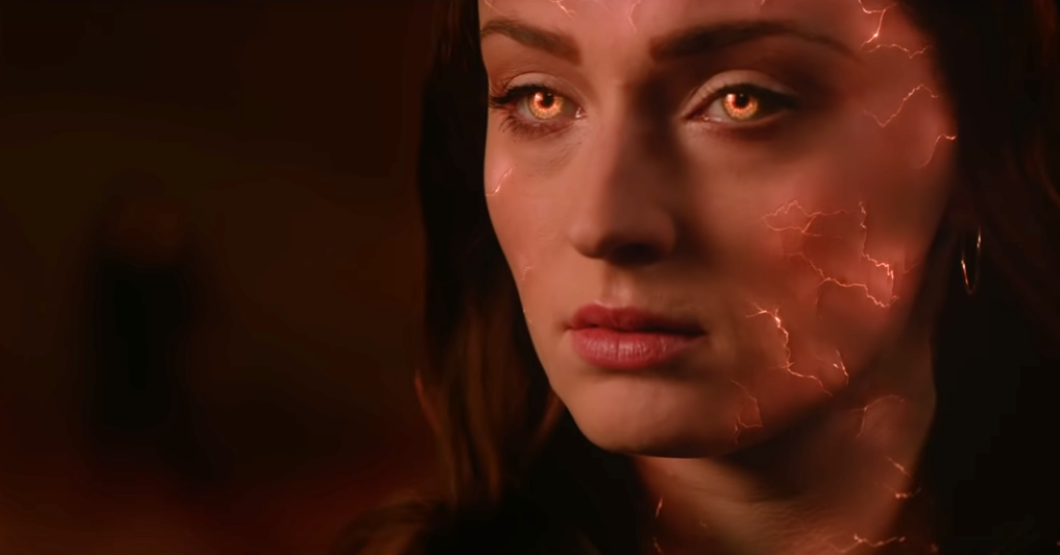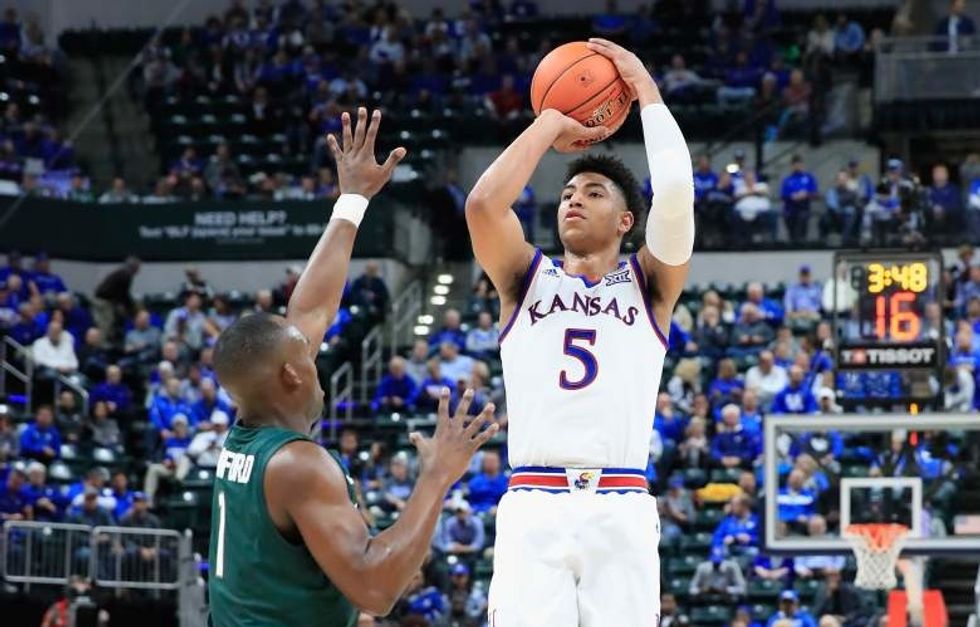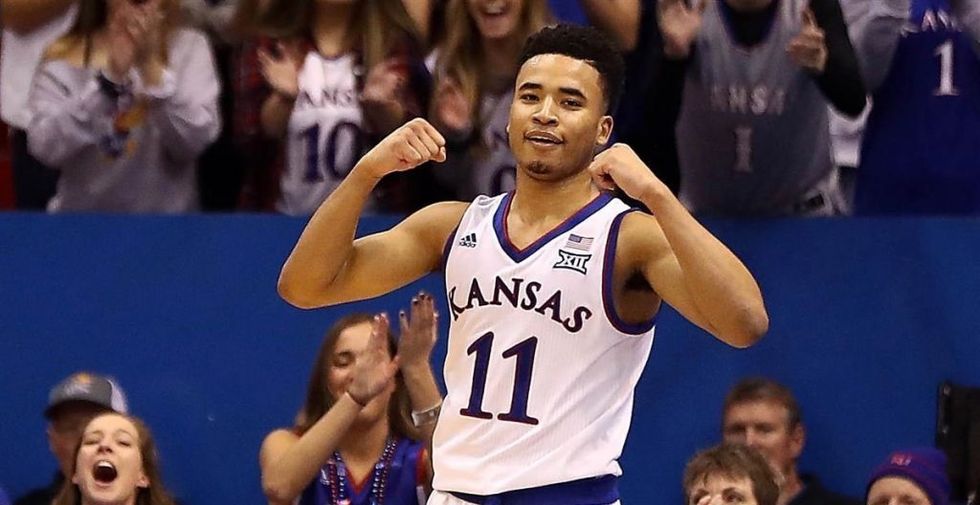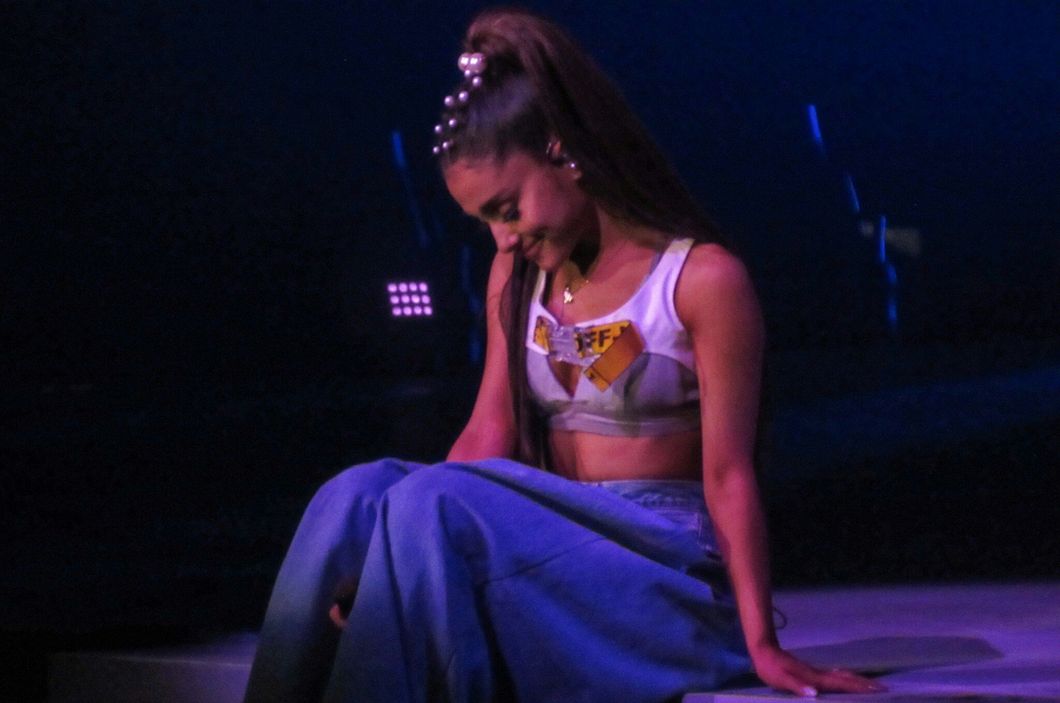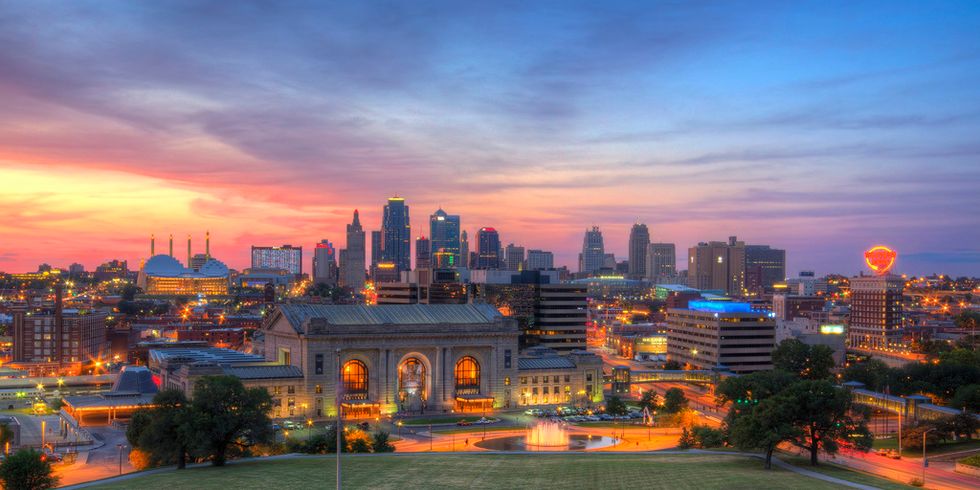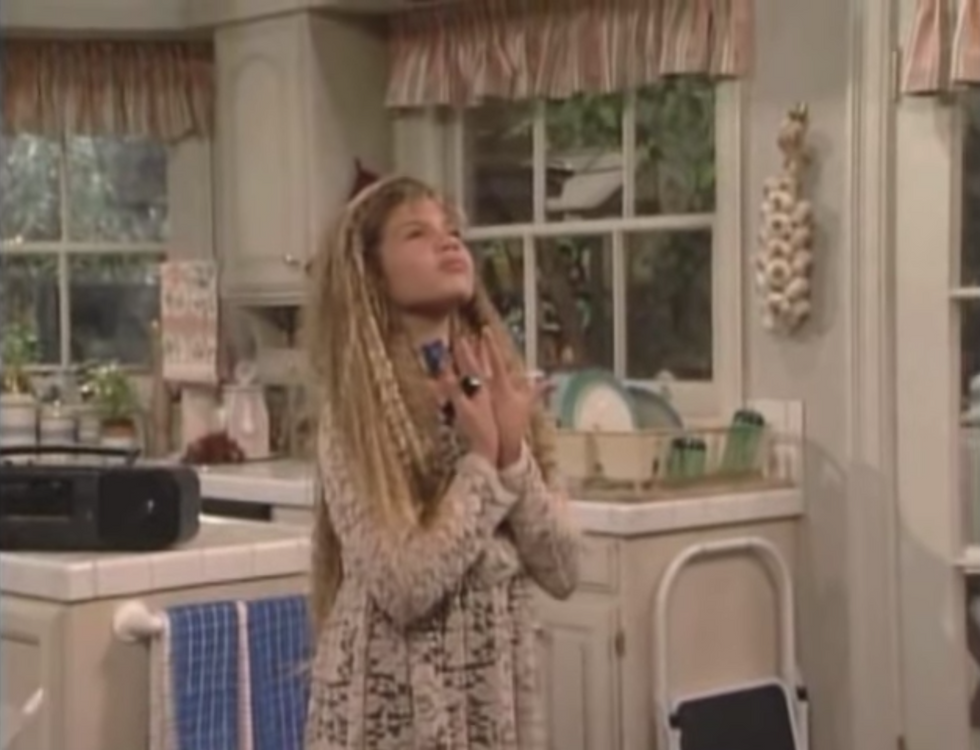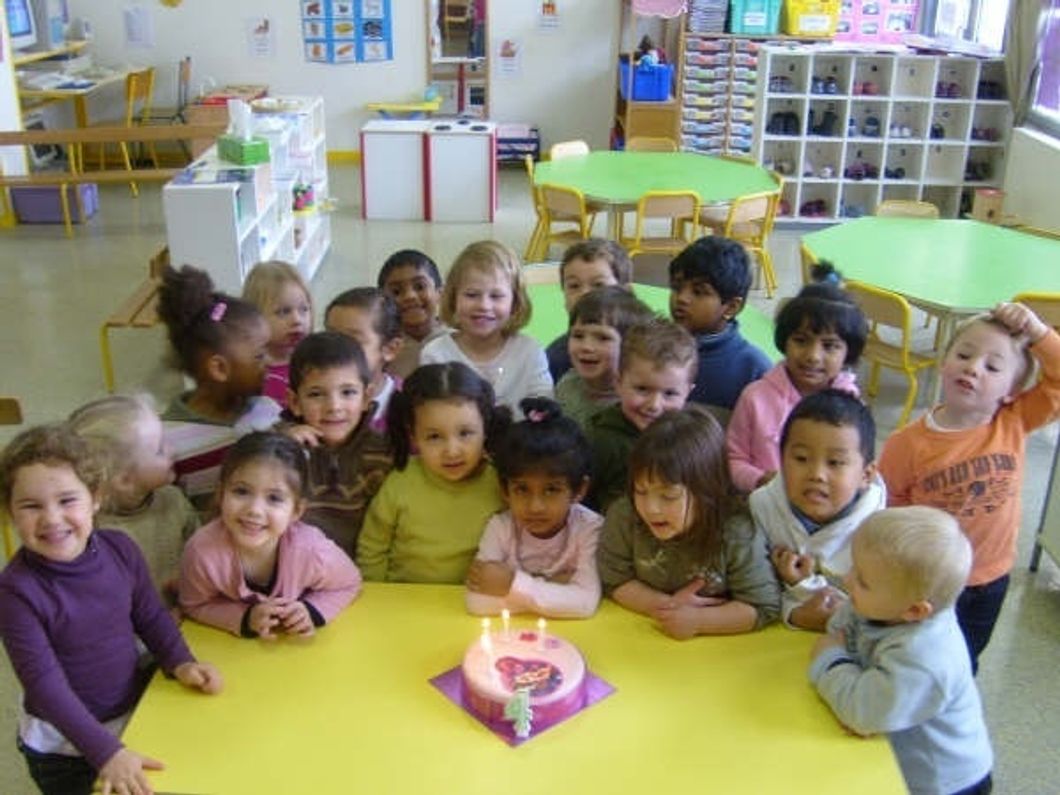"Dark Phoenix" Is A Feminist Flop
This movie tells us how it's all about women...but it doesn't mean a thing unless you show us.
This article contains spoilers for Marvel's new X-Men movie, "Dark Phoenix".
Recently, Marvel has been upping its game at bringing female superheroes to life through projects like 2018's "Ant-Man and the Wasp" (I waspleasantly surprised that it wasn't called "Ant-Man 2" or "Ant-Man: Insert Plot-Related Cool Title Here"); "Black Panther" (2018), which featured Marvel's first Black lead superhero, who would have been helpless without his team of powerful Black women; and "Captain Marvel" (2019), Marvel's first movie both with a female lead superhero and with a female director.
While these films have all been wins for women, Marvel's latest, "Dark Phoenix", was not. While the film stars two female leads, Sophie Turner (who plays the titular role) and Jessica Chastain, it's not really as much about them as it would seem. The two women are not given the credit they deserve, and there are several other issues that make this movie a failed attempt at a women-forward film.
To start? Almost all the women die.
Let's cut to the chase, shall we? Raven (AKA Mystique; played by Jennifer Lawrence), one of the most beloved X-Men characters and a role model and icon to women (including a young Storm!) in the universe where the X-Men films take place, is killed off in the first 45 minutes of the movie. She is trying to help Jean Grey, who is filled with a ravenous intergalactic power she doesn't understand and has just learned that Charles Xavier stole her memories of her family from her. Jean, unable to control her powers, sends Raven into a sharp object, impaling and killing her. This is, of course, not done intentionally, and it becomes a point of anguish for Jean throughout the film.
Killing off Raven in this throwaway fashion, especially having her killed by her friend, does not do her character justice. It also sets Jean up for failure for the rest of the movie. No matter what happens to her, she'll never be fully welcomed back into the X-Men and she'll never fully forgive herself for sending Raven to her death, even if by accident.
Raven's death is also problematic because it is used as a plot device. Hank and Magneto, two X-Men characters who had been in love with Raven, are so upset by her death that they spend the rest of the movie seeking revenge and trying to kill Jean - even though it's not really her fault and Raven would not have wanted her dead. It could be argued that Raven's legacy lives on throughout the film through the men fighting to avenge her, but really it's just an excuse to give them more screen time and Raven less. The use of fridging to further Hank and Magneto's stories is an insult to Jennifer Lawrence and to Raven.
Raven's death comes shortly after her saying to Charles that "the women are always saving the men around here" and maybe he should change the name to "X-Women". Subtle, right? This lame excuse for a biting feminist soundbite is used to justify Raven's death as she's "saving the men". News flash: in the same way leaving minorities out of a show for a creative reason doesn't make it any less racist, cutting women out of a movie for creative reasons doesn't make it any less sexist.
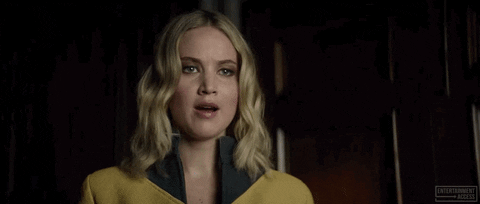
Other women who are dead by the end of the movie include: one of Magneto's friends from his mutant compound and the only supporting female character introduced in "Dark Phoenix" (who is unnamed in the movie but is actually based off of a pretty badass comic book character called Selene Gallio), and Jessica Chastain's character (who is actually a genderless alien, but who killed and stole the body of a human female). Jean Grey doesn't die exactly, but she does end up living as some weird form of energy which (presumably) never experiences human contact again, and the remaining X-Men all believe her to be dead, so she sort of makes our list. And that leaves...Storm only. Nice.
Jean Grey doesn't get the storyline she deserves
As previously mentioned, Raven's death leads to a subplot in which Hank and Magneto are on a mission to kill Jean. This storyline takes up way too much time and distracts from the main story: Jean Grey has been imbued with a cosmic force that makes her ultra-powerful and scared of herself, and combined with the knowledge that Charles has kept her past from her since she was a child, and the fact that Jessica Chastain's Vuk (an alien who wants to control the power inside of Jean and use it to destroy Earth, rebuilding her home planet in its place) is manipulating her, Jean is a danger to everyone.
In "X-Men: The Last Stand" (2006), the film in which "Dark Phoenix" is replacing in the X-Men timeline, the power of the Phoenix is a part of Jean herself. She has a sort of evil alter-ego which takes over, and she has to be killed to be stopped. In this remake, making Jean's power come from an external source gave writers the opportunity to save Jean from death in the end. She could have found the strength in herself to overcome the power and Vuk's manipulation and find her way back to the X-Men. She sort of does this - she is able to protect her fellow mutants and beat Vuk and her fellow aliens, but she still "dies" ("evolves") in the process.
The conflicting storylines of Charles's lies about Jean's past and Vuk's attempts to use Jean's power for her own agenda is a lot. The film doesn't have enough time to focus on either plot fully or flesh either out well. The result is a very confused Jean Grey who kills Raven, cries a lot, and doesn't have the chance to do much else besides cause destruction. We don't get a very good look into how she's feeling and doing, besides that she's scared and sometimes vengeful. The fact that her power is not her own could have saved her, but since it doesn't, it just seems like she didn't get as cool of a story as the original Jean Grey.
Jean could have been an awesome character in this film, while being powerful and confused, but she ends up being a character on the outside of the story while the focus is on how the X-Men will deal with her.
Sophie Turner doesn't get the credit she deserves either
Despite playing the Dark Phoenix in "Dark Phoenix"; having her face slapped all over the trailer, cover art, and promotional materials for the film; and being featured in more scenes than most of the other actors in the movie, Sophie Turner's name appears fifth in the closing credits. Not first, not last - fifth. Her name comes behind James McAvoy (Charles Xavier/Professor X), Michael Fassbender (Magneto), Jennifer Lawrence (Raven...all for having a woman up there, but she literally dies before the halfway mark of the movie...), and Nicholas Hoult (Hank). It's not even like the names are listed in order of appearance. Sophie Turner is just given a random slot in the billing.
queen @SophieT u killed it in dark phoenix i’m sorry they did u so dirty with that 5th closing credit— eva (@eva) 1559957553.0
Based on this mistreatment, I can only wonder if she was paid fairly compared to her male costars. My guess would be no.
Jessica Chastain does not receive top billing either. Despite giving arguably the best performance out of anyone in the film (besides Michael Fassbender, who was also amazing), and despite being the lead villain, also with a lot more screen time than most actors in this movie, her name is listed tenth - behind all of the X-Men, even those who played more minor roles.
That's it?
The thing that makes "Dark Phoenix" so disappointing is that it's speculated to be the last movie in the X-Men series.
In the end, Jean never has a chance to say goodbye to her friends and boyfriend Scott before becoming a strange cosmic being. We don't even get to see the X-Men grieve her - we just see the school named after her years later. The ending of the film is very rushed and doesn't give us a lot of answers, especially about the "evolution" that Jean goes through to become whatever "beyond this world" thing that she is at the end, zooming around the sky. While it does show us where all of the characters end up, it's not a very satisfying epilogue. It feels like there is more to be learned, especially about Jean.
Another huge problem with the ending of "Dark Phoenix" is that it doesn't fit with the rest of the X-Men movies. Wolverine is nowhere to be seen, first of all, and the most glaring issue of all: at the end of "X-Men: Days of Future Past" (2014), the X-Men film where the entire timeline was changed so that "Dark Phoenix" could even exist, Jean was alive and well. How are we supposed to go from the ending of "Dark Phoenix", where Jean is a creature of the universe, Professor X is retired with Hank running the Jean Grey School for Gifted Youngsters, and Wolverine is forgotten, to 2023 where Wolverine enters the school to find Jean, Scott, and Charles Xavier hanging out like nothing happened?
To end the X-Men series with such a confused, overloaded plot, which doesn't line up with the rest of the series, and to call it "Dark Phoenix" yet not give its leading female star or the other women in the film their due, is a missed opportunity for a satisfying end to an amazing series.

